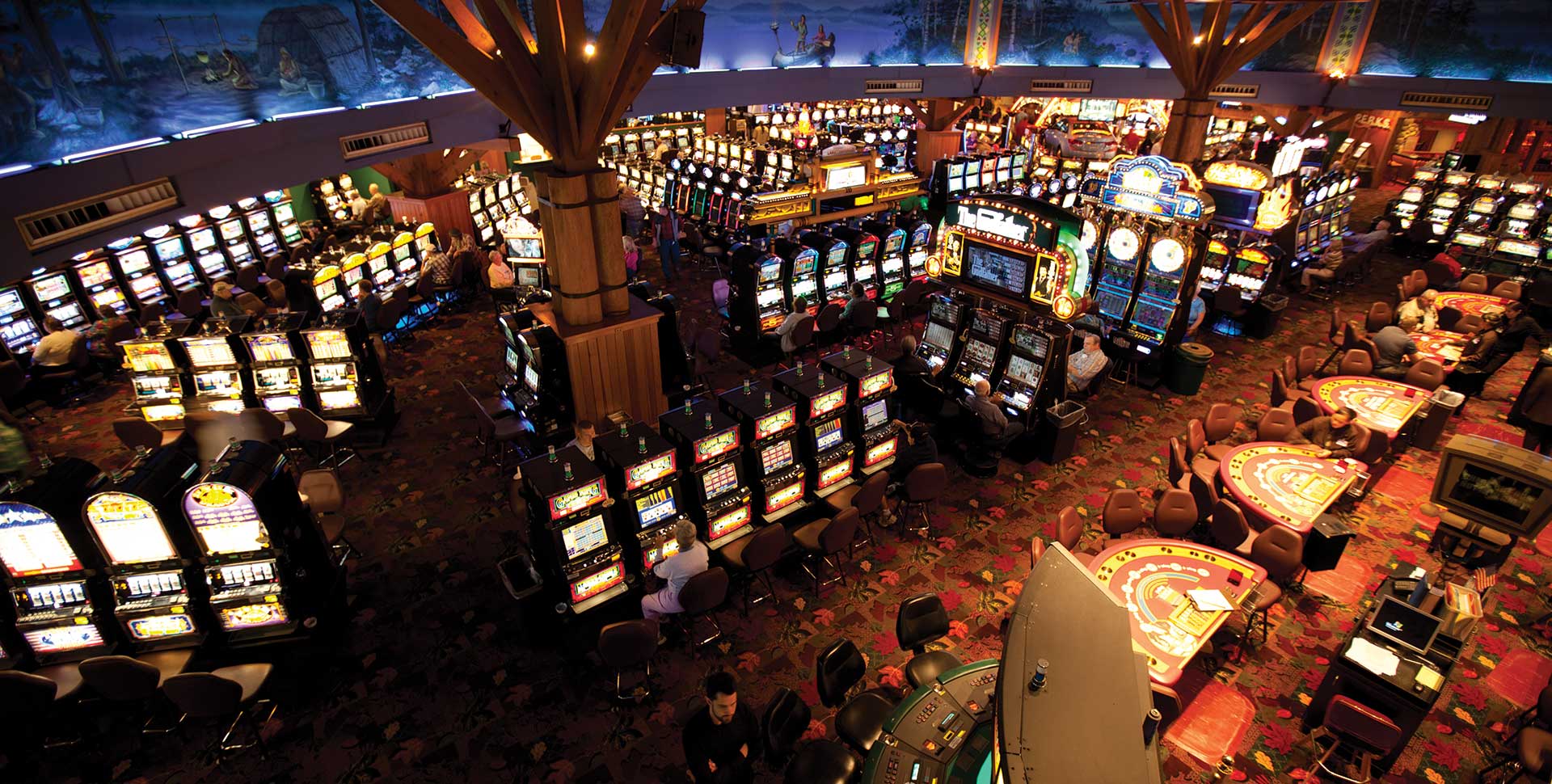
Casino entertainment have long been a fascinating entertainment option, drawing numerous of players from diverse cultures around the globe. From the glitzy casinos of Las Vegas to the busy gambling halls of the Chinese gambling capital, these games serve as a link that brings together people across different backgrounds. The allure of fortune, strategy, and gambling entices not only those looking to gamble for profit but also those looking for a feeling of belonging.
The cultural impact of casino games extends well beyond the gaming floor. They often represent the social norms and beliefs of the cultures in which they flourish. Games such as seven-card stud, 21, and the spinning wheel have woven themselves into the tapestry of cultural phenomena, influencing multiple fields from movies to fashion. As we explore this fascinating intersection of gambling and life, we can comprehend better how casino games shape and are influenced by the world around us.
Historical Progression of Gaming Games
The roots of gaming games can be followed back to old civilizations, where betting in different forms was extensively performed. In the East, around two thousand three hundred years before Christ, a variant of luck game known as Keno was popular, while in historic Rome, soldiers would frequently wager on the consequences of their contests. The idea of using randomness for entertainment and income developed over the centuries, leading to the formation of more structured activities. By the final Middle Ages, gambling houses initiated to surface in European nations, notably in the Italian peninsula, which brought forth early forms of popular games still played today.
As betting increased popularity in European regions, the 17th and 18th centuries saw the appearance of casinos as exclusive venues for gaming. The initial official gaming venue, the Ridotto, was set up in the city of Venice in 1638, providing activities like Baccarat games and Faro games. This era marked a significant pivoting point, as casinos started to welcome not just the wealthy but also the burgeoning middle-tier society. The complexity of games evolved, leading to the development of new rules and versions that enhanced the play experience.
In the 19th century, the industrial age and changes in social norms also transformed the environment of gaming games. The introduction of the game of roulette and new one-armed bandits drew a larger clientele, and gaming houses became seen as legitimate forms of entertainment. This era witnessed the worldwide proliferation of gaming, as gambling houses extended from European nations to the New World, culminating in the creation of the legendary Strip of Las Vegas in the twentieth century. The evolution of gaming games has continued into the current era, integrating modern technology and digital sites, rendering them open to a worldwide population.
## Cultural Importance across Various Cultures
Casino activities have significant cultural and social value within many cultures across the planet. Places like Las Vegas, the very fabric of the urban landscape is woven around gambling establishments, where playing is not just a hobby but a key aspect of leisure and community interaction. The dazzling lights and vibrant atmosphere attract a vast audience, showcasing how gambling activities can influence local financial landscapes and cultural identities. This environment transforms the notion of leisure into an engaging event that affects style, sound, and even movies.
In contrast, some communities approach gambling with greater care, considering it through the lens of morality and customs. A case in point, in various Oriental communities, games like Mahjong and Pai Gow are steeped in history and have significant social relevance. These games are often played during gatherings and occasions, fostering collective connections and strengthening kinship ties. The act of playing these games goes beyond mere entertainment, reflecting ethics such as honoring elders and the value of communal fun. https://bj88ss.com/
Simultaneously, in Western countries such as the principality of Monaco and the Italian Peninsula, gambling activities serve as symbols of opulence and sophistication. The elegant atmosphere of these establishments attracts both tourists and residents, upholding a sense of prestige and rarity. The art of Texas Hold’em and the tactical components of games like the game of baccarat are celebrated, influencing interpersonal interactions and cultivating an attraction that captivates a diverse audience. This emphasizes how games of chance can simultaneously echo and influence societal views towards risk, reward, and relationship building.
Economic Impact and Travel Industry
Casino games play a important role in the economic landscape of many regions, particularly those that rely heavily on visitor traffic. The revenue produced from casino operations fuels local financial systems, creating jobs not only within the casinos but also but also in related sectors such as hospitality, dining, and recreation. This influx of tourists, drawn by the allure of games and the overall casino experience, stimulates expenditure across multiple businesses, contributing to the economic health of the area.
The existence of casinos often leads to the construction of facilities, including hotels, public transit, and leisure amenities. These improvements are essential in improving the overall tourist experience, making locations more appealing to visitors. Additionally, many casinos invest in local communities through support of events and philanthropic initiatives, further integrating themselves into the social fabric of the locality. Such investment not only supports economic growth but also fosters a positive image of the gambling sector.
Furthermore, the global popularity of casino games drives tourism competition, with locations vying to attract gamblers from across the globe. Iconic locations like Las Vegas and Macau have become synonymous with gambling culture, drawing millions each year. This competitive edge encourages creativity and diversification within the gaming industry, influencing developments in leisure and hospitality that extend beyond their limits. The consequences of this tourism extend wide, impacting local financial health and cultural exchanges on a worldwide scale.
